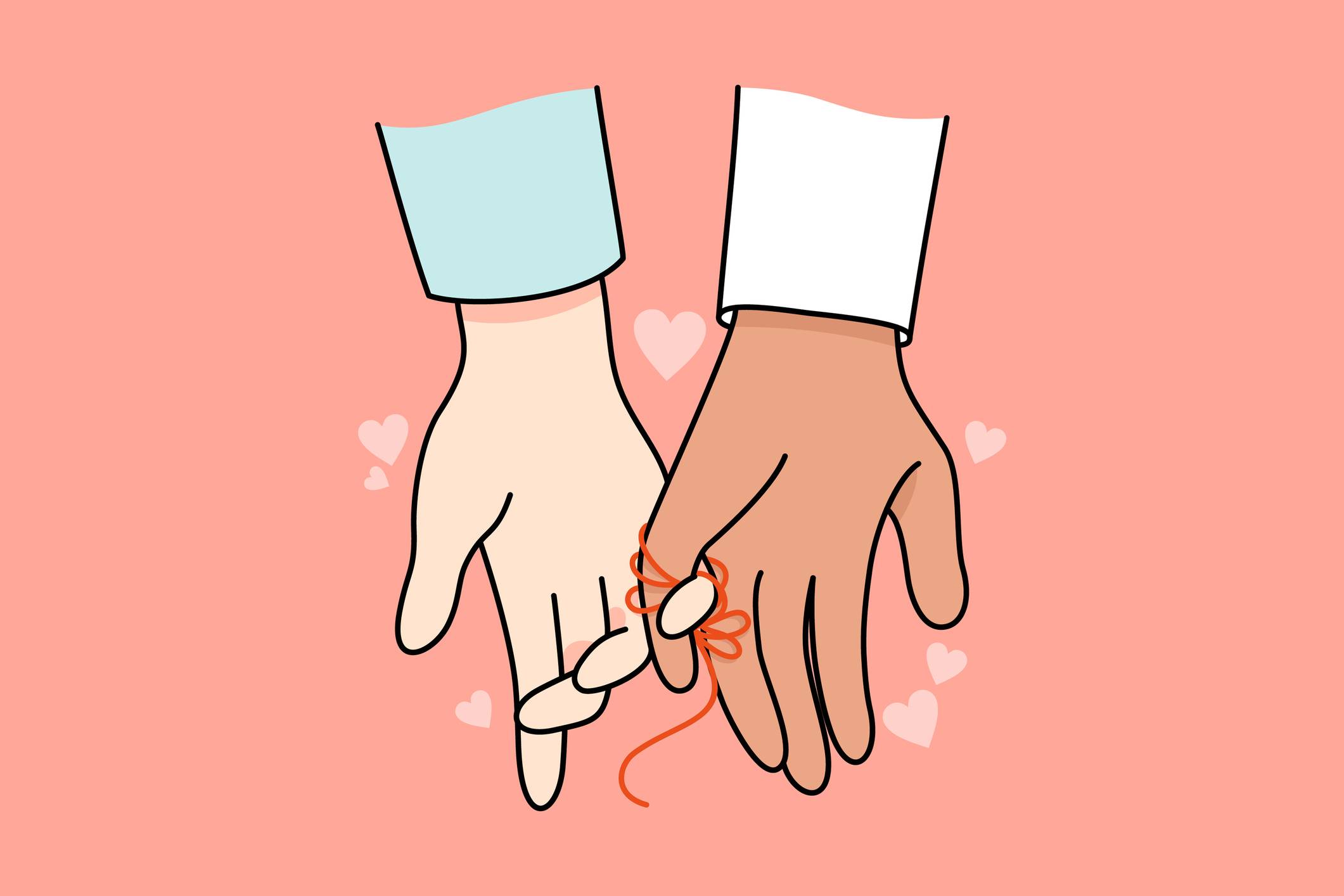When I studied abroad in Japan years ago, I remember being struck by how many people in my program came because of a love for anime.
I also remember how many of those same individuals were anxious to date a Japanese girl — a phenomenon not uncommon to language schools and foreign exchange programs.
“Some of my guy friends at school have admitted that they’ve got a bit of an Asian fetish,” says Emily Brown, a 25-year-old student at a language school in Fukuoka. “They’ll openly admit that they like Asian girls, and there’s also a fetish for foreign guys among Japanese women.”

















With your current subscription plan you can comment on stories. However, before writing your first comment, please create a display name in the Profile section of your subscriber account page.